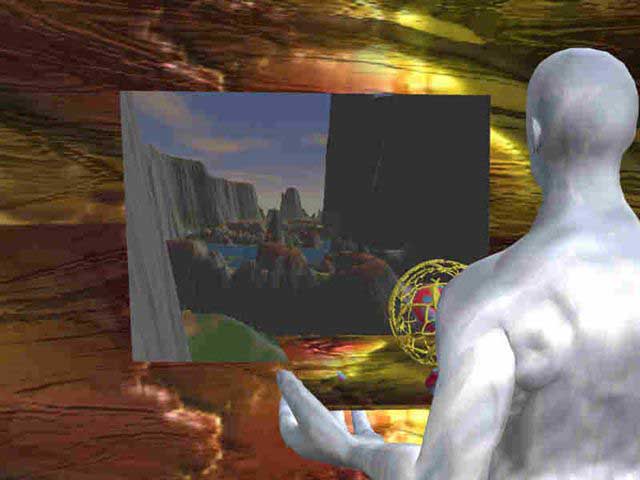

The zoo hypothesis states that superintelligent extraterrestrial life exists and does not contact life on Earth to allow for its natural evolution and development. This explains the apparent absence of extraterrestrial life despite the mounting evidence for its existence (Fermi Paradox).
Aliens might, for example, choose to allow contact once the human race has passed certain technological, political, or ethical standards. They might withhold contact until humans force contact upon them, possibly by sending a spacecraft to planets they inhabit. Zoo Hypothesis rests on the assumption that aliens have great reverence for independent, natural evolution and development.
These ideas are perhaps most plausible if there is a relatively universal cultural or legal policy among a plurality of extraterrestrial civilizations necessitating isolation with respect to civilizations at Earth-like stages of development. In a Universe without a hegemonic power, random single civilizations with independent principals would make contact. This makes a crowded Universe with clearly defined rules seem more plausible.
If there is a plurality of alien cultures, however, this theory may break down under the uniformity of motive concept because it would take just a single extraterrestrial civilization to decide to act contrary to the imperative within our range of detection for it to be abrogated, and the probability of such a violation increases with the number of civilizations. This idea, however, becomes more plausible if all civilizations tend to evolve similar cultural standards and values with regard to contact much like convergent evolution on Earth has independently evolved eyes on numerous occasions, or all civilizations follow the lead of some particularly distinguished civilization ... the first civilization.
With this in mind, a modified Zoo Hypothesis becomes a more appealing answer to the Fermi Paradox. The time between the emergence of the first civilization within the Milky Way and all subsequent civilizations could be enormous. Monte Carlo simulation shows the first few inter-arrival times between emergent civilizations would be similar in length to geologic epochs on Earth. Just what could a civilization do with a ten million, one hundred million, or half billion year head start?
Even if this first grand civilization is long gone, their initial legacy could live on in the form of a passed down tradition. Beyond this, it does not even have to be the first civilization, but simply the first to spread its doctrine and control over a large volume of the galaxy. If just one civilization gained this hegemony in the distant past, it could form an unbroken chain of taboo against rapacious colonization in favor of non-interference in those civilizations that follow. The uniformity of motive concept previously mentioned would become moot in such a situation.
If the oldest civilization still present in the Milky Way has, for example, a 100 million year time advantage over the next oldest civilization, then it is conceivable that they could be in the singular position of being able to control, monitor, influence or isolate the emergence of every civilization that follows within their sphere of influence. This is analogous to what happens on Earth within our own civilization on a daily basis, in that everyone born on this planet is born into a pre-existing system of familial associations, customs, traditions and laws that were already long established before our birth and which we have little or no control over. Zoo Hypothesis